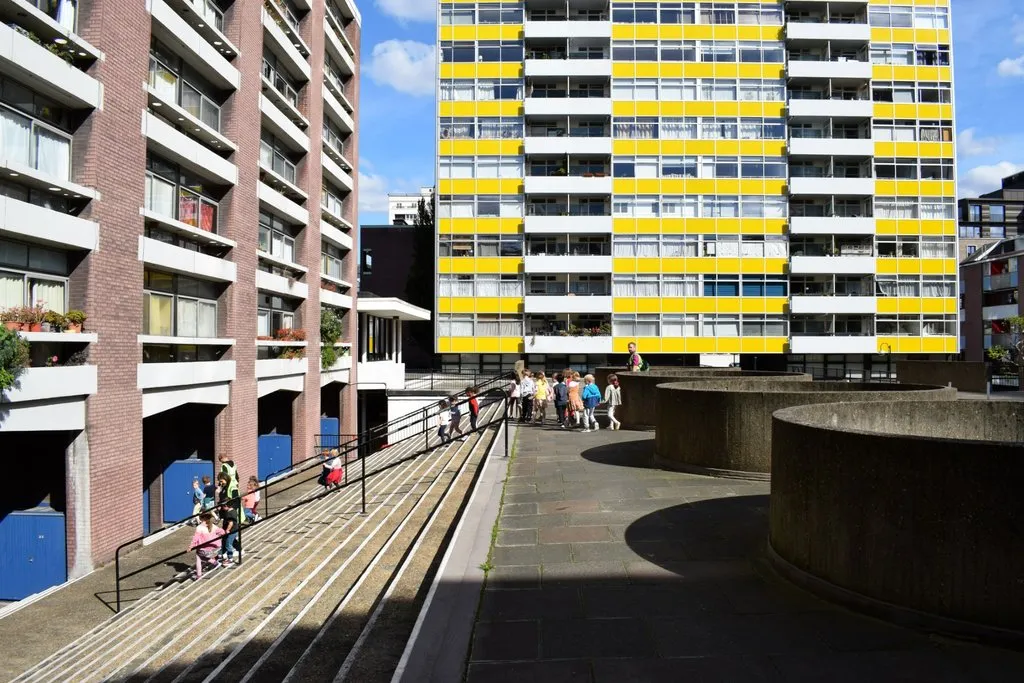The E-Waste Crisis: A Global Challenge in the Race for Critical Metals

The global demand for critical metals is at the heart of an intensifying e-waste crisis, with staggering implications for recycling, mining, and environmental sustainability. While much of the developed world remains focused on renewable energy solutions and cutting-edge technologies, the hidden costs of these advancements—exacerbated by mounting the e-waste—are becoming impossible to ignore.
In Lagos, Nigeria, bustling markets like Ikeja Computer Village provide a snapshot of this phenomenon. Here, thousands of workers, including young scrappers like Baba Anwar, scour electronic refuse for valuable components. Their efforts epitomise the resourcefulness of developing nations, where up to 95% of e-waste is recycled. Yet this contrasts starkly with wealthier nations, where the majority of discarded devices are forgotten in drawers or sent to landfills.
Related Articles
Royal Mint Creates Gold Coins from E-Waste
Globally, the UN estimates that over 68 million tons of e-waste are generated annually—a figure projected to reach 75 million tons by 2030. Among this waste lies a fortune in critical metals like cobalt, lithium, and nickel, essential not only for electronic devices but also for renewable energy technologies such as electric vehicle (EV) batteries and wind turbines. Yet, shockingly, only 22% of this e-waste is properly recycled, leaving billions of dollars’ worth of materials wasted.
While the UK and other developed nations often champion environmental consciousness, their role in the global recycling network is less impressive. Europe’s official e-waste recycling rate sits at just 35%, and in the US, fewer than one in six mobile phones are recycled. In contrast, Nigerian entrepreneur Tijjani Abubakar has built a thriving business exporting circuit boards and other components to China and Europe for refining. His network not only supports thousands of workers but also prevents vast quantities of e-waste from polluting local environments.
However, the recycling process itself is fraught with challenges. Workers in developing nations often operate under hazardous conditions, using rudimentary methods such as burning wires to extract copper. These practices release toxic fumes, contaminating the air and soil while endangering the health of labourers. Even in high-tech facilities, the costs of clean, sustainable recycling remain prohibitively high, limiting its scalability.
The race to secure critical metals is driven by the clean energy transition, with the International Energy Agency warning that demand for metals like lithium and nickel will skyrocket in the coming decades. To meet these needs, mining operations are expanding worldwide, often at great environmental and social cost. “Mining done wrong can leave centuries of harm,” notes Aimee Boulanger, head of the Initiative for Responsible Mining Assurance.
In the UK, the e-waste crisis offers both a challenge and an opportunity. Governments and corporations must invest in advanced recycling technologies and create incentives for consumers to recycle their devices responsibly. Simultaneously, the global community must address the ethical and environmental implications of mining and recycling practices, ensuring that the benefits of a sustainable future do not come at the expense of vulnerable populations.
The transition to renewable energy is essential, but so is a reimagining of our relationship with technology and consumption. As Mercedes-Benz chairman Ola Källenius puts it, “The biggest mine of the future has to be the car that we already built.” Whether through recycling, refurbishing, or reducing consumption, the solutions to the e-waste crisis lie in innovation and collaboration.
Read more about sustainable recycling practices on the International Energy Agency website.
For more insights into the global e-waste challenge and its impact on critical metals, visit EyeOnLondon for in-depth coverage and expert analysis.
Follow us on:
Subscribe to our YouTube channel for the latest videos and updates!
We value your thoughts! Share your feedback and help us make EyeOnLondon even better!









